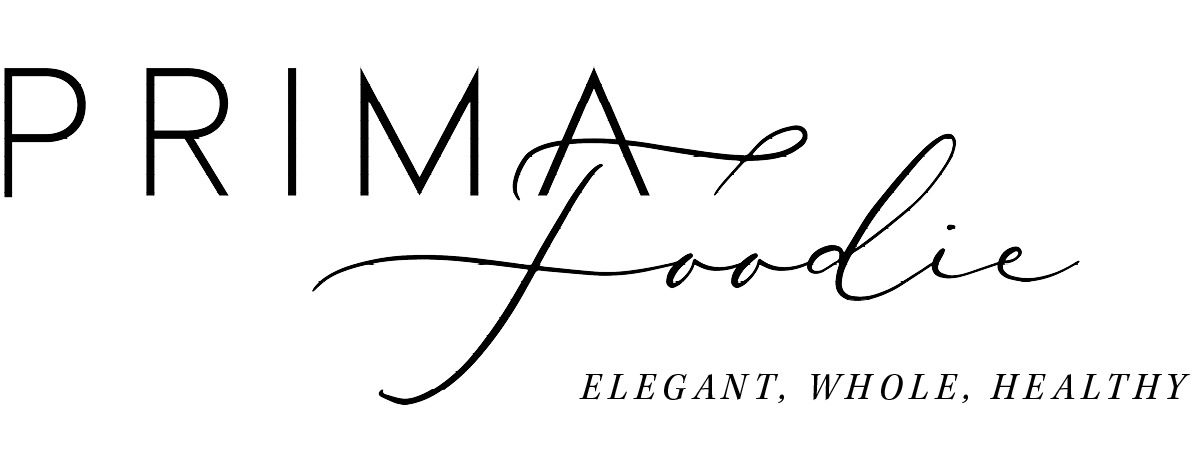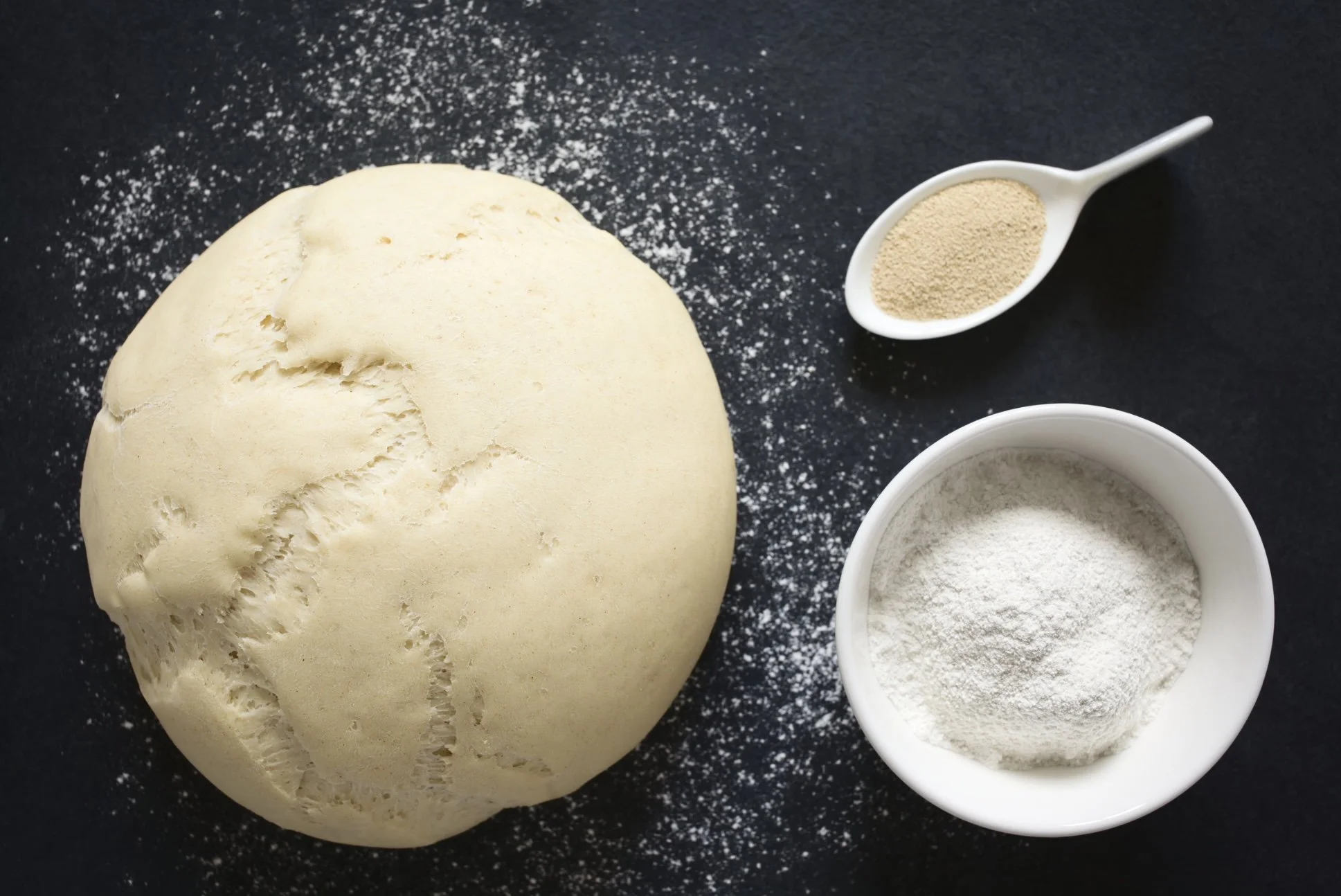The Beauty Industry Creates 120 Billion Units of Plastic Waste Every Year. Melodie Reynolds Shows Us a Better Way Forward.
"You don't need seven lipsticks, but the beauty industry will tell you that you should buy seven lipsticks," says Melodie Reynolds.
There's a charge behind Reynold's voice. Still, the founder of ELATE Beauty, a sustainable cosmetics company, admits she too was once duped by "the shame-based marketing" fueled by large beauty companies. She was even inadvertently part of it earlier in her career, as she worked in beauty marketing and sales for large companies. She began to see the unethical pressure behind these companies and a drive to push people to buy more. The businesses were creating more products housed in packages that ended up in landfills—an estimated 120 billion pieces worth each year.
The tipping point for Reynolds came during a meeting. When she and colleagues were discussing ways to create storytelling around potential green initiatives, a senior employee casually said, "just put it in a green bottle." It was a hard lesson on the realness of greenwashing, says Reynolds. "It was never more apparent to me than in that moment that I was in the wrong place."
Reynolds put herself in the right place. Fueled with a drive to create beauty products that were kind to people and the planet, she founded Elate Beauty, a B-Corp-certified ethical cosmetics line focused on refillable packaging. Since its conception in 2024, ELATE has diverted 1.3 million packages from going to landfills—a feat for a single company. As Reynolds says, the journey has been about "how we can take a product from idea, from conception all the way to end of life, and make every single moment of that product's life cycle better—for the people making it, for the person buying it, and for the planet."
Reynolds walks us through more of her journey, starting a conscious brand. As she shares with us, our self-care rituals should never be harmful and filled with shame; they should be only practices that lift us.
Melodie Reynolds on Creating a Better Beauty Future
#1: Environmental Citizenship at Its Core
"The thing that always attracted me the most to the beauty industry was the ability to help people feel good about themselves and use marketing as a tool for storytelling, to allow individuals to determine how the things they purchased made their lives better, and all without costing the planet. The very first salon I ever worked in was an environmentally friendly salon where we refilled all our shampoos. This was back in 1999! So being a good environmental citizen has always been important to me."
#2: The Shame-Based Marketing of Beauty
"As I worked in the beauty industry, I started to see that the values I held strongly were only very surface values [in the companies]. This all started to accumulate for me around 2008 when I was in a big marketing meeting at the company I worked for because a new demographic was identified: the LOHAS— a lifestyle of health and sustainability—demographic. It was a demographic that transcended socioeconomic status and included all genders and ages. These were individuals who wanted to choose products about living a healthy and sustainable lifestyle.
#3: The Unsustainable Issue of Products
"The beauty industry gets people to buy tons of products, and all of that product ends up in the landfill. Then they feel bad about themselves, so then they buy more products. It's just a vicious cycle, contributing to the statistic of 120 billion plastic packages being made every year for the beauty industry. All of those end up in the landfill. We now have new recycling programs that are helping to try to curb some of that waste, but the biggest problem is that all of those packages still get made. That's enough for everyone on the planet to have a bag full of plastic stuff that they're going to dispose of every year. Those things inspired me to look at how we could do things differently."
#4: Bringing the Kindness and Joy Back to Beauty
"I started to feel like it was a burden putting on my makeup or trying to choose a new skin cream. It felt like it was something I was being forced to participate in. When all those things came together and converged for me, I thought beauty was supposed to be about joy. It's supposed to be about using the tools of adornment to perform your beauty ritual every morning and put your best face forward, whether it's makeup or brushing your teeth. The fact that we all have some type of beauty ritual in the morning means that we all have products that we are required to use, so all of those products should be better for the planet. And they should be reusable and refillable. They should be made with materials that are not polluting the environment. They should be made by individuals that aren't forced into slave labor. The beauty industry is fraught with just as many issues. So, for me, it was about how we can take a product from idea, from conception, all the way to end of life and make every single moment of that product's life cycle better—for the people making it, better for the person buying it, and for the planet. It is about having more time and space for joy, and the big part of that joy is not having a bunch of stuff you are ultimately responsible for throwing away.”
#5: Looking Ahead, One Refill at a Time
“Part of the problem is that we get that little delicious dopamine hit when we buy something— that's why retail therapy is real. So what we're trying to do is shift that little dopamine hit to when you refill something. When speaking in public, I have stood up many times and said, 'Who can honestly say they've ever actually finished a full tube of lipstick?' We're trying to create those opportunities.
We're a B Corp-certified company that was important to me from the start. We have a global beauty coalition of all beauty companies that are B Corps, where I sit on that board. One of the things we talk about is how we can use business as a force for good and use the beauty industry as a force for good rather than a tool of oppression. This has all led me from loving lipstick and wanting to help people feel good about themselves to global legislation to ensure that corporations are held accountable for the waste they produce.”
#6: Changing Our Language and Actions
“At ELATE, we've shied away as an organization from using the word ‘consumer’ because when you're trying to create a movement that is completely different from what everyone is used to, you need to change your language. We say 'environmental citizen,' because that is someone thoughtful about resources that they consume. And our beauty consumers are not beauty consumers; they're beauty citizens. That is where ELATE shines. Elate means joyful or prideful, and that's really what it is about. It's also an anagram for ‘everyone who loves a thoughtful experience’ because we felt that so many products are made without the thought and the intention behind them. So it was important to us to make sure that we always hold that in our hearts that everything we make is thoughtful.”
To learn more about ELATE Beauty, visit elatebeauty.com
Interview and words by Stacey Lindsay for PrimaFoodie.












